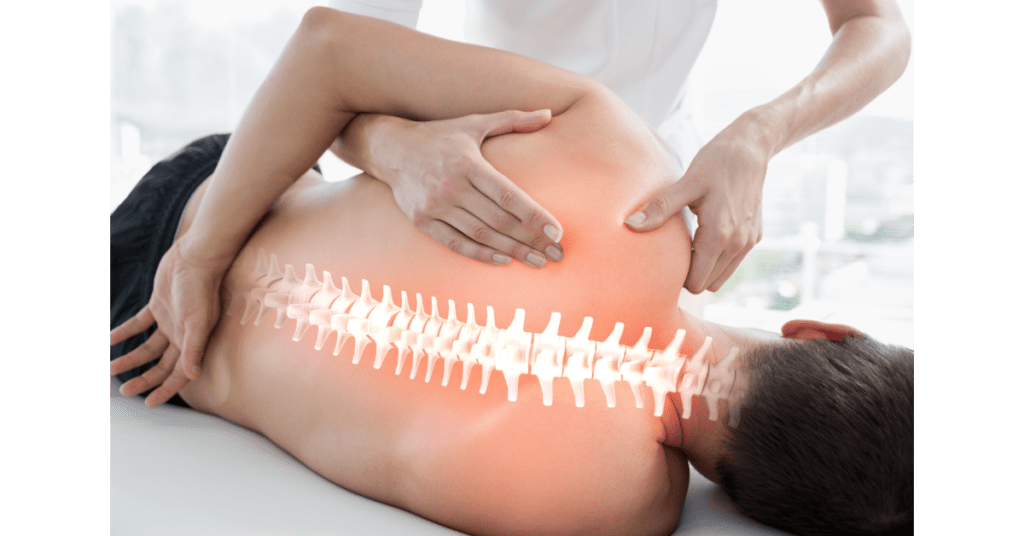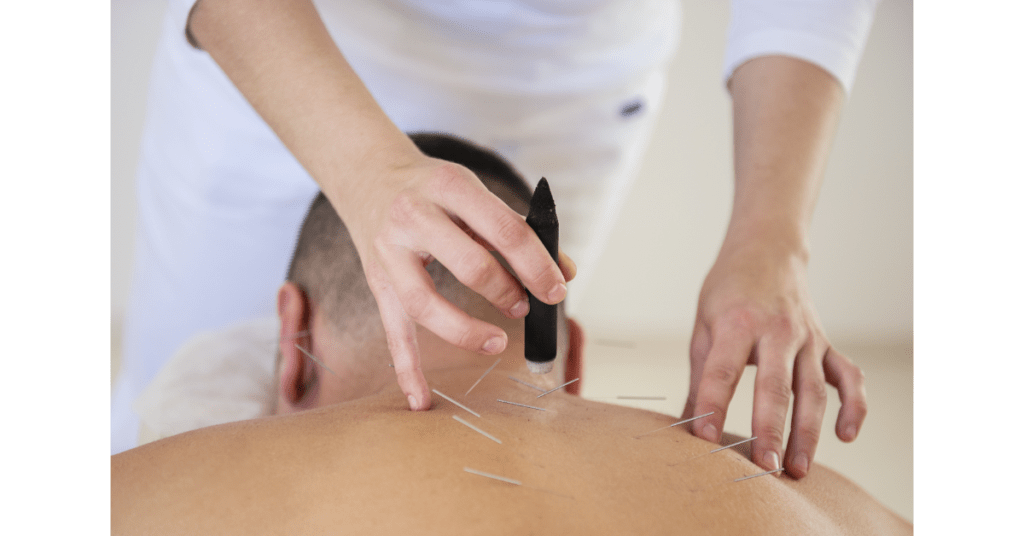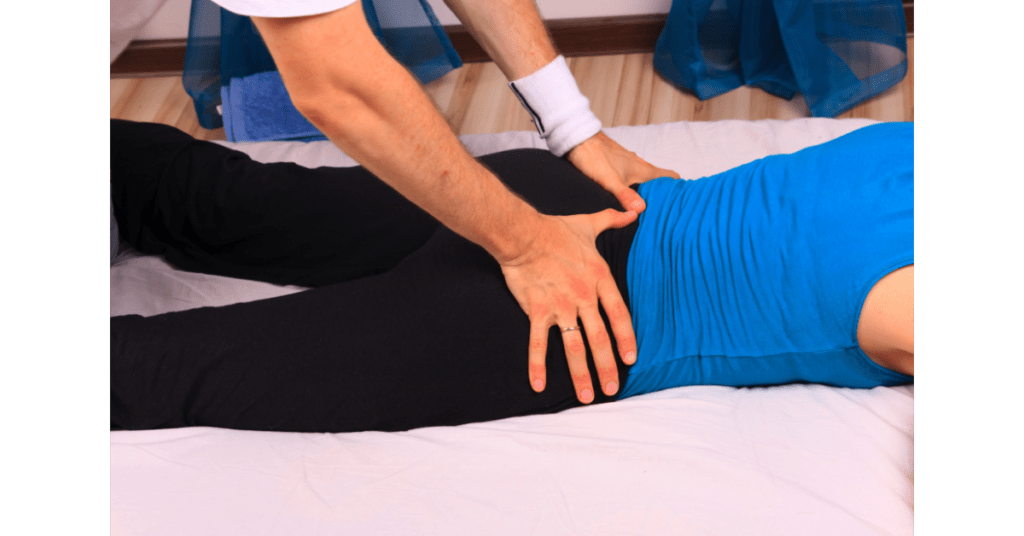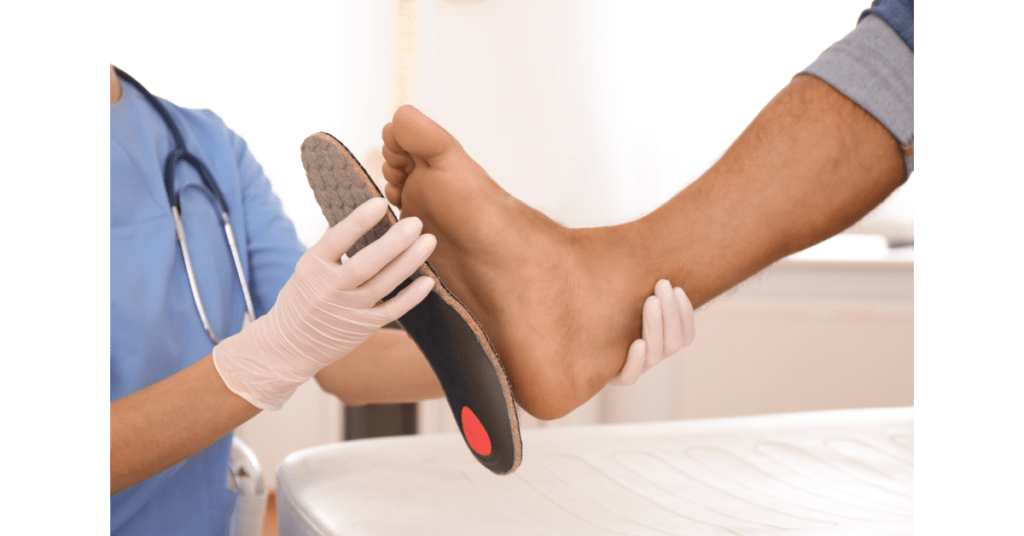What is a Calf Muscle Strain?
When the calf muscle in the leg is twisted, pulled, stretched, or torn it is called a calf muscle strain. If the treatment is not done properly, calf muscle strains can become chronic and lead to more strain and tearing of the muscle fibers, until the calf muscle is torn completely.
What Causes a Calf Muscle Strain?
The most common causes and risk factors of calf muscle strains are previous calf muscle strain or injury. Other causes are Overuse of the calf muscle, Incorrect technique or training in sports, including lack of strength training, Direct trauma to the lower leg, and poor foot biomechanics. Typically calf muscle strains can be seen among athletes, particularly sports, where quick bursts off your feet are required.
What are the Signs and Symptoms of a Calf Muscle Strain?
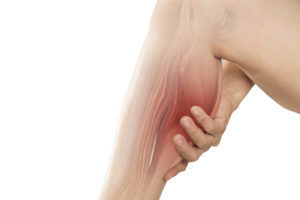
Typically, the first symptoms are a sharp pain in the calf, particularly when pushing off with the toes or going up on the toes (like climbing stairs), Pain when the calf muscle is stretched, Weakness in the calf, Tenderness when touched and Minimal swelling. Strains vary and can range from grade 1 to grade 3. In Grade 1, the muscle is overstretched or torn slightly. One may still be able to walk without pain, although running, kicking, or stretching might be painful. In Grade 2, the muscle fibers are partially torn, making movement painful. In Grade 3, the tear goes through most or all of the muscle or tendon, causing extreme pain, usually accompanied by bruising and swelling.
Concerned about symptoms of a calf muscle strain? Visit our physiotherapist in Scarborough or Woodbridge and book your assessment Right Away.
How are Calf Muscle Strains Treated?
Calf muscle strains have a high chance of re-occurring and usually get worse with time. Therefore, it is important to get them treated at the earliest. Treatment consists of Physiotherapy or Surgery. Surgery is rare and only if other less invasive treatments have not helped. Physiotherapy is an important part of rehabilitation. It is non-surgical and drug-free and focuses on reducing pain and swelling, regaining strength, increasing mobility and function, and preventing recurrence. A thorough assessment helps address the source of the problem effectively. Physiotherapy is based on individual needs and the severity of the calf muscle strain. It includes Activity modifications, Stretching and strengthening exercises, Range of motion and flexibility exercises, Balance and control exercises, a Personalized exercise plan to be followed at home for ensuring continuous improvement and progress. It also provides Preventative strategies to help in managing lifestyle, work, and other risk factors, Patient education (including return to work or sport recommendations), Cross-disciplinary pain-relieving therapies, such as Heat and cold therapy, Massage therapy, Acupuncture, Ultrasound therapy and Interferential current therapy (IFC). At our clinic we have notice by using Simply Align Technique which includes advanced physical modalities, activity modification and specific exercises we have faster, longer lasting results with reduced healing time.
Are you looking for physiotherapy or a Chiropractor? If Yes, then visit Simply Align Rehab Physio in Scarborough/Toronto or Woodbridge/Vaughan or you can always call or text us for your Physiotherapy or Chiropractor needs in Toronto at (416) 438-3230 or For Physiotherapy or Chiropractor need in Vaughan (Woodbridge) at (905) 638-9840.
Calf Strain Treatment:
Most calf discomfort responds fast to physiotherapy treatment with correct assessment and early therapy, allowing you to resume pain-free and healthy everyday activities soon. You can stay off of your calf. Meaning do not strain you calf any further. Stop the sport activity and allow faster healing. Also icing the calf can help. Over counter pain medication can also help with advice of your health professional. At our clinic we use a unique technique trade marked Simply Align Technique. This strategy uses advance pain relief and healing technology with great results. Watch the following videos in treatment of calf strain.
Can a Calf Muscle Strain Go Away on Its Own?
Some mild strains can be treated at home following the RICE protocol. However, most calf muscle strains become chronic and result in risking further muscle tears and an increased chance of compensatory walking patterns. Thus, it is important to seek physiotherapy right away. If you have suffered a calf muscle strain, you need to seek physiotherapy, so that you can heal and get back to your sport (whether it is leaping, lunging, or sliding). Total recovery time can take four to six weeks. Again, this depends on patient compliance with physiotherapist exercises and the severity of the injury.
Can You Prevent a Calf Muscle Strain?
Yes. A calf muscle strain can be prevented by integrating stretching and strengthening exercises into an overall fitness plan. If you play sports, a physiotherapist can provide advice about the best exercises for your activities. Once a calf muscle is injured, the chances of recurrence are significantly higher. Hence, it is important to practice prevention, particularly if you play sports (like soccer, football, hockey, basketball, volleyball, tennis, baseball and track and field) that require quick bursts off your feet. Other preventive steps are: Warming up and stretching before exercise, Cooling down and stretching after exercise, Practicing proper technique in sport (including stretching and strengthening exercises), Wearing orthotics and properly supportive shoes for your activity and Maintaining a healthy weight.
